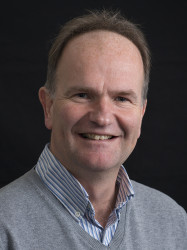BibTex format
@article{Freudenthal:2016:10.1016/j.clon.2016.12.011,
author = {Freudenthal, B and Williams, GR},
doi = {10.1016/j.clon.2016.12.011},
journal = {Clinical Oncology},
pages = {325--328},
title = {TSH suppression in the long-term follow-up of differentiated thyroid cancer},
url = {http://dx.doi.org/10.1016/j.clon.2016.12.011},
volume = {29},
year = {2016}
}

